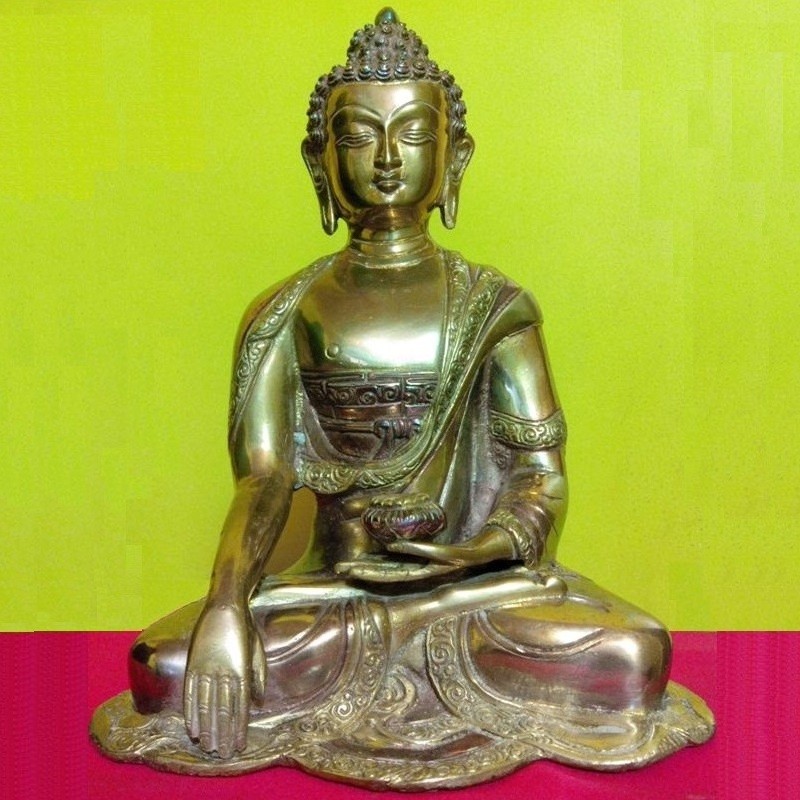What is Karma?
Karma or kamma in simple sense is any action that can have a good or bad future effects. It is sometimes referred as cause eg. “Whatever is happening in your life is because of your good karma or bad karma”. Similarly karma is also referred as effect eg. “What is happening to you is your karma”. This is also the natural law of morality and not enforced by anybody. It works like all other natural laws.
All actions do not lead to effects in future. These actions with no future implications are non-volitional kamma (actions). These are actions that do not involve will or desire, like eating, drinking water, answering call of nature, walking, sleeping, etc. Thus only actions that involve will/desire/volition forms a karma and have future effects. Thus karma has a cause and effect relationship with our good or bad future, karma being the cause and our good or bad future being its result. This cause and effect relationship is also called as the Law of Kamma. This law also explains why some people suffer while some don’t, why some are poor and some are rich, why some are beautiful and some are ugly, why some are healthy and some are sick, why some are stupid and some are wise.
We will definitely argue that there are people doing all the wrong things and still living a happy life and there are people who do nothing wrong but suffer endlessly.
The law of karma is complex and we tend to forget what we have done. Also we never think of associating what has happened to what we have done. We also lack the ability of Buddha to link every karma to a past action, sometimes extending to infinite previous births (Jataka Tales are stories of Buddha’s previous births).
Factors affecting karma
- Kamma is a natural law and no one enforces this law, like Newton’s laws of motion, Thermodynamics, etc.
- Kamma cannot be transferred
- It does not end with end of present life.
- Everything that happens to us cannot be attributed to karma.
- Depending on cause, Kamma can be classified into
- Good karma,
- Evil or bad karma
- Neither good nor bad karma.
- Depending on the how the karma bears fruit it is classified as
- Weighty (serious karma – good or bad)
- Proximate (karma at time of death – which determines our next birth),
- Habitual
- Reserve (other than all three).
- Depending on time it bears fruit
- Present birth
- Next birth
- Subsequent births
- Depending on function it can be classified into:
- Reproductive (that which bears result),
- Supportive (they do not bear result but support the result of other karma),
- Obstructive (they reduce the effect of other karma) and
- Destructive (they nullify the effect/result of other karma).
- Not everything that happens to us can be attributed to karma.

Leave a comment